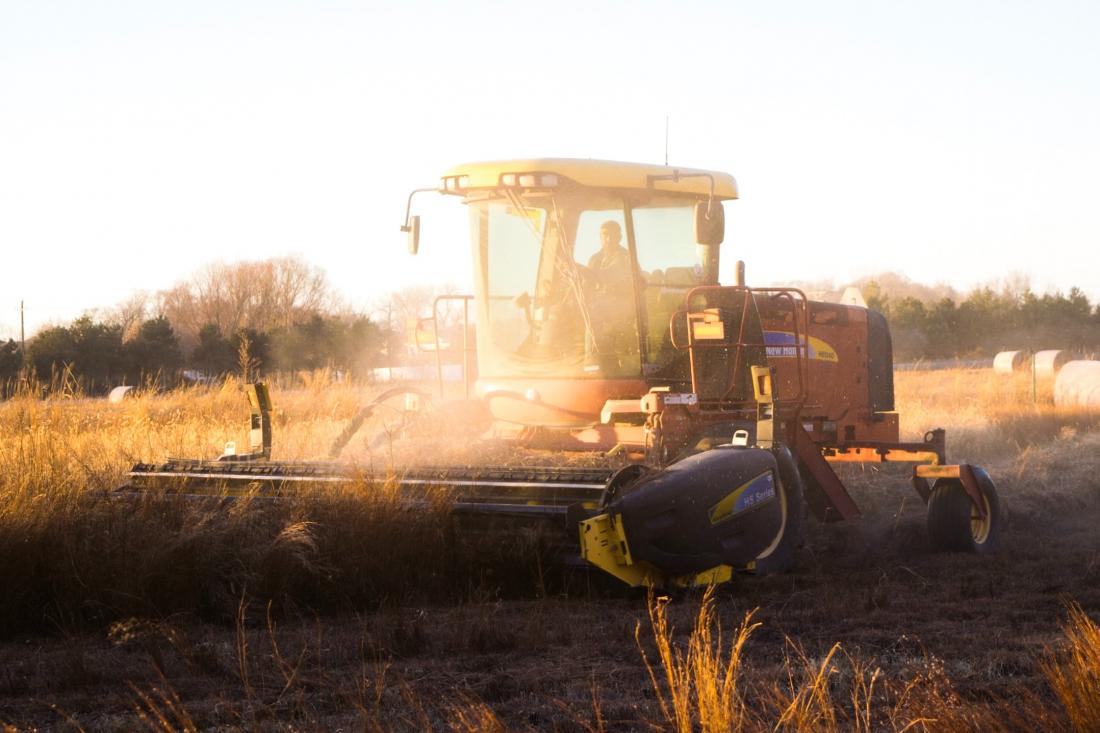
Firstly, I should say that this case law update isn’t quite as racy as the title suggests. Promises as to who is to inherit farmland are usually amongst family: "One day, son, all of this will be yours" - you get the idea. But the High Court has recently seen an interesting case of Wills and Another v Sowray [2020] EWHC 939 (Ch) which involved two long-term friends of the deceased who, they argued, had been promised land. Hence my title, friends with benefits.
Background
Before he passed away, Anthony Sowray (Tony) owned 50 acres of farmland, farmhouse and outbuildings near Harrogate called ‘Gilmoor farm’. Whilst Tony had been married at one stage, he had long since divorced, which was finalised immediately before the birth of his daughter, Claire. Claire, although estranged from Tony from birth, at the age of 22 then sought to be reunited with him, and this happened in the latter years of Tony's life.
Two brothers, James and Matthew Wills, who were long-term friends of Tony, claimed for the 50 acres of farmland (Matthew's claim) and a small piece of land on which James had built a log cabin (James's claim). The Claimants relied on proprietary estoppel, in which they would need to establish three ingredients: 1) promises had been made they would inherit land 2) they reasonably relied on those promises to their detriment, and 3) it would, in all the circumstances, be unconscionable for the estate to go back on the promise.
Claire was the Defendant in this claim in her capacity as sole beneficiary under Tony’s estate (Tony died intestate, without a will in place) and as his personal representative. She defended on the basis that she should inherit everything under the intestacy rules, and sought to downplay their detriment, arguing instead that they had been tenants of the land and that Tony had often bemoaned their lack of rent payments.
Lack of Documentary Evidence Not a Problem
One of the interesting features of this case was that there were, admittedly, no documents in support of Matthew's case, despite him seeking the 50 acres of farmland. Reading through the judgment, it is clear that Matthew faced comprehensive cross-examination in relation to the lack of documents, and some of the inconsistencies in his account of what took place. The Judgment records that Matthew responded to these, accepting that he was clearly wrong in places. In conclusion however, the Judge found Matthew to be "entirely honest, straightforward, and not evasive" even when inconsistencies were pointed out. Matthew's evidence that he was "a very, very, very good friend" of Tony’s was accepted by the Judge.
This is a lesson here in that just because a Claimant in a proprietary estoppel case does not have documents to back up their claim, a lot will stand or fall on how they come across in the court room and in response to cross-examination and questions by the Judge. This ought to be an encouragement to prospective Claimants, and considered carefully by Defendants who otherwise place confidence in a lack of documentary evidence.
What was the Detriment?
These type of cases all require the Claimant to show detrimental reliance; that is their position was altered in acting on the deceased’s promise. Examples from the classic farm cases are working without pay or for little pay, financial contributions or expenses, moving home or jobs. In this case Matthew relied on the following activities as his detriment: digging, repairing, rotavating, de-stoning, spraying and hay-making. The Judge had no trouble accepting that these acts were sufficient to amount as substantial detriment.
What was the Remedy?
Even where a Claimant is successful in establishing a proprietary estoppel case, the court will also consider the remedies available and has a broad discretion. Sometimes they will honour the Claimant's expectations, and in other cases they will do the ‘minimum to satisfy the equity’, which might mean making a financial award to cover the detriment suffered. Here, Matthew sought the 50 acres of farmland and, on the strength of his case, the Court did not consider this to be disproportionate or inappropriate. Similarly, in James' claim for the small piece of land and log cabin, which had a value of about £30,000, the Judge awarded this to him also.
Conclusion
Although this case does not represent any new elements of law, it is interesting and useful, especially in relation to the Claimants not being family members of the Deceased, and provides further examples of the kind of activities that the Court will consider constitute detriment, and the decision that meeting the Claimant’s expectations was not disproportionate in the circumstances. Another interesting facet of this case is that the Judge, at paragraph 247 of the judgment, said that the facts in this case are to be put in a "family" setting in the broad sense and not confined to a commercial context, despite Matthew and James not being family members of Tony's family.
For more on how interests in land might arise see our blog here.
This article was written by Toby Walker, Dispute Resolution Partner at Allan Janes. Toby and his team have specialist expertise in the area of property disputes including constructive trusts and proprietary estoppel claims. Please do not hesitate contact us for a free no obligation telephone discussion.